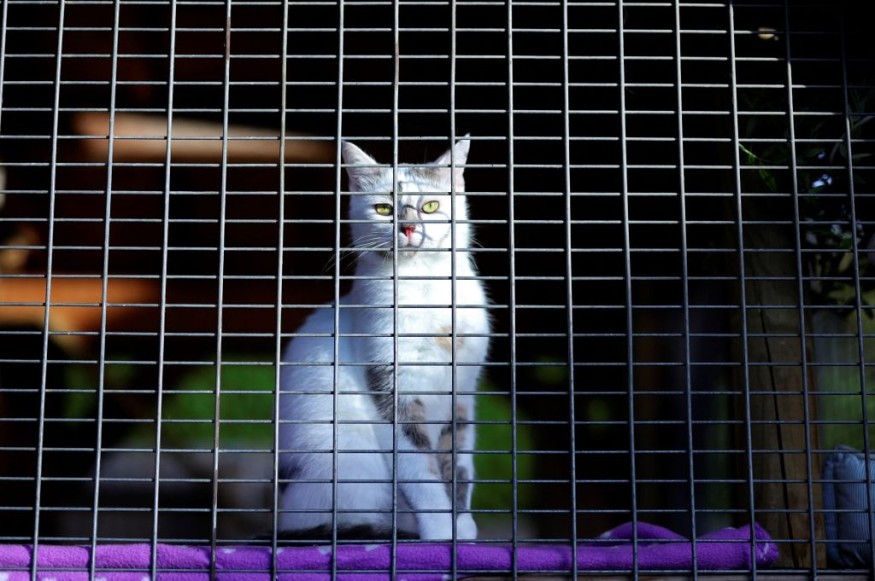
Although findings are not very consistent nor unambiguous, a common pathogen that infects tens of thousands of individuals has now proven to be associated to schizophrenia and a variety of central nervous system problems.
Investigation on 'Mind Altering' Cat Parasites
There are researches that relate the mind-altering virus Toxoplasma T. gondii to changed conduct or strange rhythms in anthropogenic activities, there is likewise material that refutes the relationship.
Recent research conducted by lead writer as well as psychotherapy physician Vincent Paquin of McGill University in Canada may aid to elucidate this parasite contradiction, whilst also pointing to where the perceived hazards of T. Gondii might be lying, as per ScienceAlert.
Aside from unclean meals, the microorganism trypanosomes T. gondii could be spread from person to person via susceptibility to afflicted cat excrement; a 1995 research project identified a connection respectively from both cat ownership in early life as well as the potential danger of cultivating psychiatric disorder later down the line.
Several research, nonetheless, found struggling to duplicate the cat participation relationship, indicating that there is further to the relationship than merely having a cat.
Authors of the latest research conducted posted under the Journal of Psychiatric Research argued that house cats often acquire contaminated with the pathogen by eating on mice, and would only be infectious in the moments or fortnight that precede.
Paquin clarifies that cats don't even secure rapacious vulnerability, yet rodent-hunting kitties are quite probable to arrive into interactions with T. gondii in its natural habitat. Theoretically, they may then pass on the virus to offspring, who could subsequently suffer psychiatric disorders in maturity, as certain researchers have indicated, possibly due to immunological impacts.
To investigate this theoretical sequence of propagation, the investigators polled roughly 2,200 respondents in Montreal, inquiring them concerns on early life cat ownership as well as evaluating their recurrence of psychotic recollections, and other concerns about their life story, including how often they relocated residence as a youngster, insights with head trauma, tobacco history, and etc.
When the researchers analyzed the replies, they discovered that masculine subjects whom had owned a rodent-hunting cat as a youngster had a higher probability of experiencing psychotic episodes as adults; female responses found no comparable association.
Psychotic Episodes Linked to 'Mind Altering' Cat Parasite
Individuals who had indoor-only cats as children did not have the same elevated probability, according to the researchers, which is supported with experts' assumption predicated on the developmental history of T. gondii as the potential cause of this connection.
Those certain considerations acquired in the research study, nevertheless, appeared to sway participants' peril for psychotic encounter, such as tobacco consumption, regularity of housing shifts in teenage years, as well as a background of head trauma, in which Paquin also asserts and implies synergistic influence of these variables further than parasitic disease on its own.
Although the research project has a lot of weaknesses, along with the fact that each of the statistics from the poll were self-reported, the team believes their observations highlight the significance of analyzing interrelations between varying types of ecological stressors, which may aid in developing to recognize with increased precision where difficulties from T. gondii infection is more probable to appear.
"These are modest bits of data, but it's intriguing to think about the possibility of several susceptibility mechanisms at work," Paquin told Medscape Medical News.
Related article : Rare Tick-Borne Virus Kills a Resident in Maine
© 2025 NatureWorldNews.com All rights reserved. Do not reproduce without permission.





